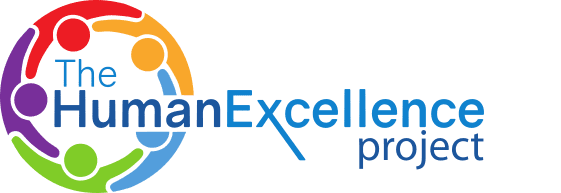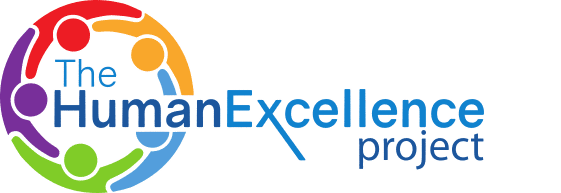Building ethical
Communities
RULE NUMBER ONE!
STOP SEARCHING FOR THE CHEAT CODE!
THERE IS NO QUICK FIX!
NO ONE HAS THE ANSWER!
Unpleasant Truths
However unpleasant the truth may be, it is better to face it once and for all, to get used to it, and to begin to build your life in accordance with it.
Bertrand Russell
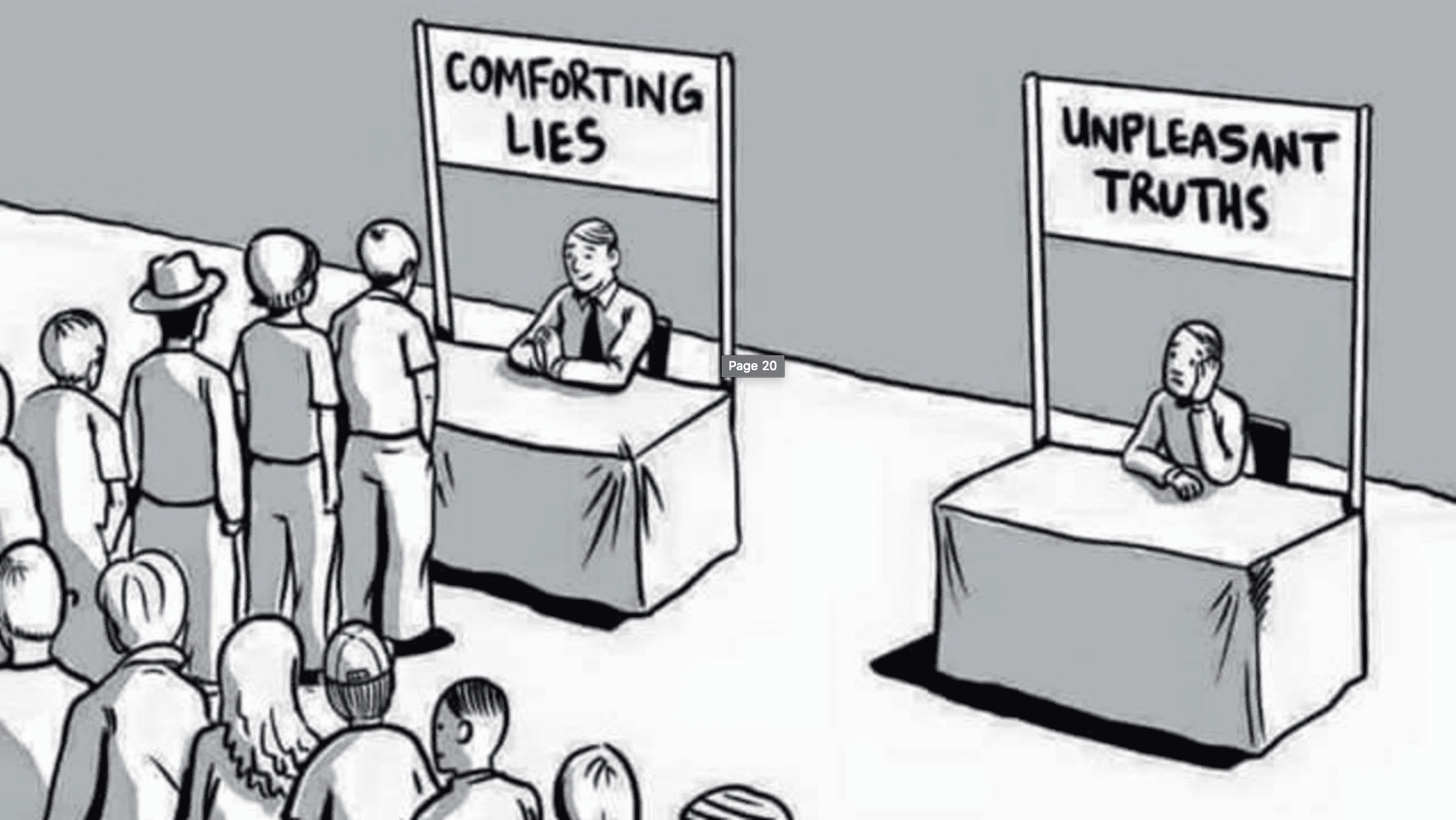

Building Ethical Communities of the Future:
“The definition of INSANITY is doing the same thing over and over again and expecting different results” Albert Einstein
Building ethical, decentralised and radically inclusive local communities will transform our world. Every possible style and type of community has been trialed by us, the human race. Jamie Wheal describes the do’s and don’ts of building ethical communities so well in his new book Recapture the Rapture.
It is based on an extensive survey of visionary and utopian communities, ranging from groups like the Oneidans (American Indian tribe 1850’s), Millerites (religious sect 1830’s), and Mormons in the eighteenth and nineteenth centuries, to the standouts of the ’60s and ’70s mentioned above, to contemporary case studies in the spiritual marketplace. In the same way that Dr. Atul Gawande, author of The Checklist Manifesto, helped revolutionize standards of care in hospitals, by adopting preflight routines from pilots, this checklist helps ensure that critical errors aren’t made in transformational community building. If it works for brain surgeons, it can work for ethical community leaders and followers as well. These guidelines are intended as an open-source charter agreement by which different groups might voluntarily agree to play in the domains of inspiration, healing, and connection. They identify best practices for ethical culture building and can serve as a checklist for seekers as they enter the spiritual marketplace. It can provide faster pattern recognition and improved reaction time for where the slopes get slippery. It can help reclaim how we worship.
While there are nearly infinite ways to screw up ecstatic community-building, there are three common pitfalls to culty communities that have shown up over the ages:
1. Grabbing the Ring Of Power – (Lord Of The Rings)
2. Creating Exclsive In & Out Groups
3. Weaponising Ecstasis (Inspiration Work) and Catharsis (Healing Work)
Credit To: Jamie Wheal and his new book – Recapture The Rapture
"CULTY CULT" CHECKLIST - THINGS NOT TO DO!

1. Grabbing The Ring Of Power
Absolute power corrupts absolutely. Like in Lord of the Rings, don’t be the misguided warrior Boromir or the corrupt wizard Saruman, thinking you will bend the Ring, not that it will bend you. Be like Gandalf and the elven queen Galadriel—wise enough to know better. This one is nonnegotiable. Here are the top three ways leaders get seduced into claiming more than they’ve earned.
- Mythologized Origin Story of the Founder: Carefully curated, often repeated tales of exceptional conditions surrounding birth, childhood, or early signs of prodigious talent/insight. Or a Dark Night of the Soul/ Road to Damascus conversion experience that uniquely positions this person to lead. In extreme cases, these are confirmed with self- appointed name change. (In the age of info marketers, this has morphed to include the “I had it all, the big house, fast cars, sexy life, and then . . . I woke up one day in a hospital bed and realized [fill in the blank product or service] that I’m now here to share with you!”)
- Absolutist Claims of Attainment: In the spiritual, intellectual, sexual, entrepreneurial, or artistic realms— typically reserved for the founder, occasionally extended to their inner circle. Once infallibility is claimed, all dissonance in relation to the founder must be either signs of supplicants’ blind spots and projections or deliberate “crazy wisdom” being offered to liberate the subject—never signs of the founder’s fallibility or humanity. This often extends beyond the blamelessness of the founder to the completeness and totality of their worldview, which is presumed to be comprehensive and supersedes all other modes of knowing. Two of the most prevalent expressions (often appearing together) are the one-two punch of absolute Enlightenment (with the leader implicitly or explicitly claiming such status) and a dismissal of objective reality as illusory in favor of the power of the mind, visualization, or positive thinking.
Ritualised Separation: Keeping the leader distinct from operational tasks, duties, and common mingling. Most often done by adoption of Eastern monastic traditions and terminology (like satsang, which means “sitting in the presence of an awakened guru”) but can also be accomplished by simple celebrity handling such as use of bouncers, greenrooms, and stage settings (which often include ornate seating, lily/lotus flower arrangements, altars, dressing in white or robes, or vestments rather than street clothes) that keep the leader apart from the community except in controlled and/or stylized encounters.
2. Creating Exclusive In & Out Groups
The dynamic of creating an Us and a Them is central for dysfunctional communities to take root. It is how otherwise well-intentioned seekers can get pulled into a reality distortion field where they lose track of their bearings. Any practice, experience, or community that lifts people “up and away”—from their traditions, connections, and culture—rather than bringing them “down and among” their fellow humanity, can be problematic.
- Messianic Purpose: The micro (of the community) is the macro (of the world) and the value of the work being done within the cloister has significance far beyond the lives of those directly practicing it. This sets up both the potential grandiosity of a world- saving mission and also can be used to suppress members’ personal needs and concerns as petty, selfish, or small-minded in comparison (such as compensation vs. volunteer labor). In extreme cases, it may also invoke a “crypto-Puritanism” where those inside the group are considered pure, saved, or gifted, while those beyond the group are tainted, compromised, or in need of redemption.
- Specialised Language: Often culty cults use novel terms to describe or redefine everyday concepts or introduce pseudo-spiritual or pseudoscientific terms to convey legitimacy on otherwise unprovable truth claims. Over time this increasing lack of interoperability with everyday language or the concepts of mainstream discourse isolates the faithful from friends, family members, and healthy debate. “Quantum” used by non-physicists is a frequent catchall in the New Age scene.
Break with Past Precedent: Very rarely do cultic leaders situate themselves within a lineage that would subject them to accountability or critique larger than themselves by others older or wiser than themselves (living or dead). Instead, they tend to declare a “clean slate” even if their own development began within a school or tradition. That immunity against precedent extends to charges of cultic behavior, as these leaders will often volunteer extended critiques of past gurus with feet of clay, holding their own transmission up as a corrective exemplar. They may even declare a complete break with the aggregate Human Condition, i.e., that they represent an end to suffering, ego, conditioning, fear, or trauma that has never been accomplished before (or has only been accomplished by Axial Age greats—Buddha, Jesus, Muhammad, Lao- tzu, etc.).
3. Weaponising Inspiration & Healing Work
Inspirtation and healing work creates highly impressionable and susceptible states. While they can be used to enhance sovereignty, they can also rapidly erode it. Unscrupulous leaders make the most of this fact to control their followers in three consistent ways.
Tightly Controlled Access to Techniques of Ecstasy: drugs, sex, breath work, music/dance, prayer, charismatic transmission, or sensory deprivation, as well as to methods of catharsis—body work, encounter-type group therapy sessions, personal inquiry, specialized diets, cleanses, etc. Unsanctioned access and insights that contradict the leader’s framing or group norms are often discouraged or suppressed. New or competing interpretations of peak states, healing, or broader philosophy by members are often treated as subversive or heretical.
An Emphasis on Regressive Practices That Value Feeling over Thinking: and an inoculation against thinking/discernment as signs of ego, projection, or resistance that is to be trusted less than either the “truths” of catharsis/trauma release or the insights and framing of the leader. Because the very methods of personal discernment (a.k.a. “trusting my gut”) and logical critique are already discounted by the leader, even the most thoughtful and accurate concerns can be ipso facto dismissed as proof of a member’s resistance to transformation—there is no way to crack the facade from within it.
Key Decisions and Commitments Encouraged or Forced While in Non-ordinary States: Whether testaments of love, allegiance, atonement, or payment, these groups use the softened boundaries and impaired judgment of euphoric peak states or cathartic release as times to secure emotional, social, or financial commitments. Suitably primed members are encouraged to equate the visceral “truths” of the state they are in with the validity of all the prior truth claims of the guru. That is, if I am blissed out of my mind, or shuddering in trauma release, and that is an undeniable reality for me, then I am often compelled by the group to sign off on their entire mythology. Key decisions and commitments are encouraged or forced while in non-ordinary states, rather than deferring until a person returns to clearheaded sobriety and can offer full consent.
COMMUNITY ETHICS
This is a working list of countermeasures to persistent issues that arise in today’s transformative culture. They’re not strict commandments. They’re more like considered suggestions.
As with everything we’re discussing, these aren’t intended to be the last word on anything for anyone. They are only examples of what can be built using the tools we’re playing with in an open-source system. Take what’s helpful, leave the rest.
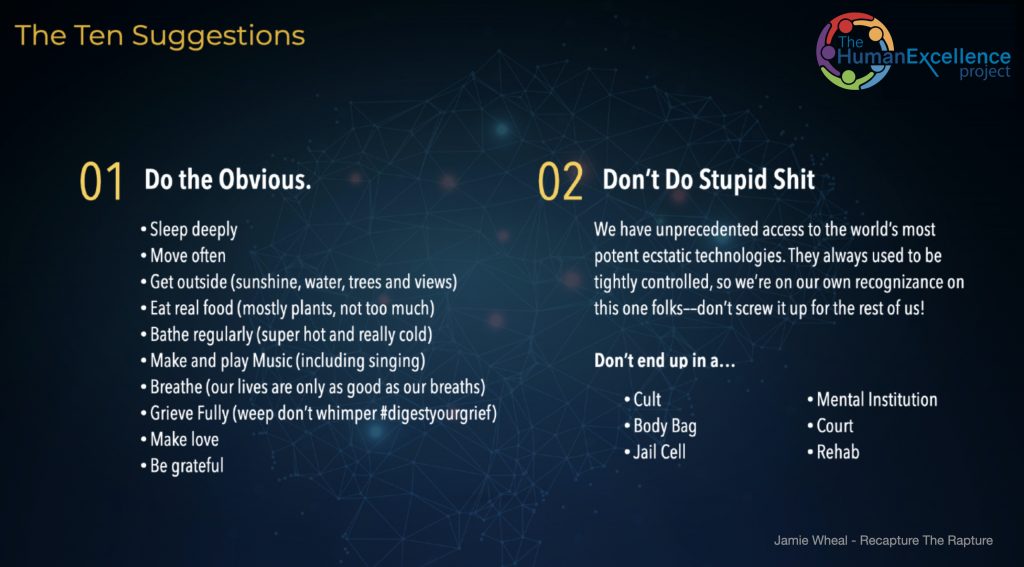
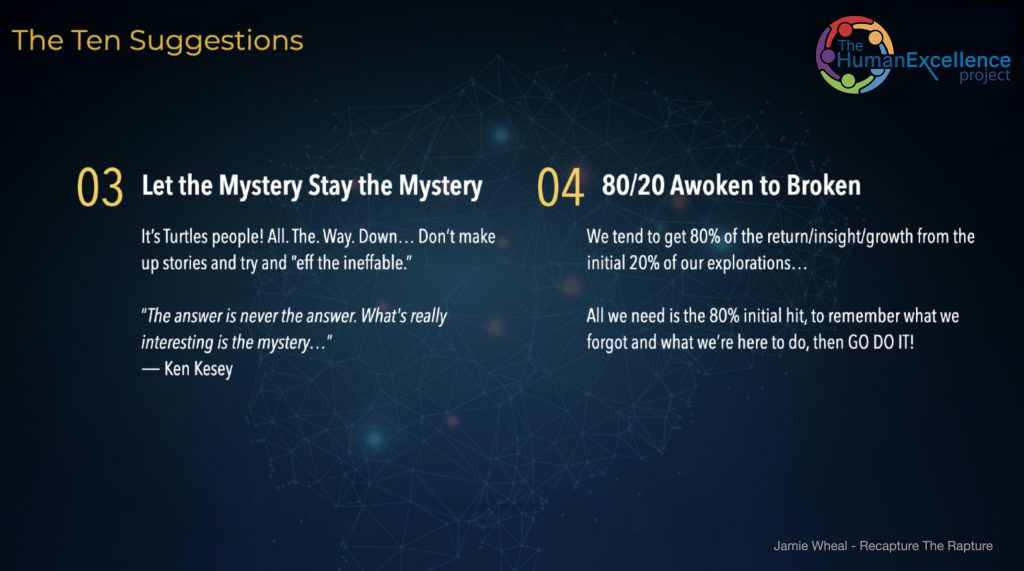
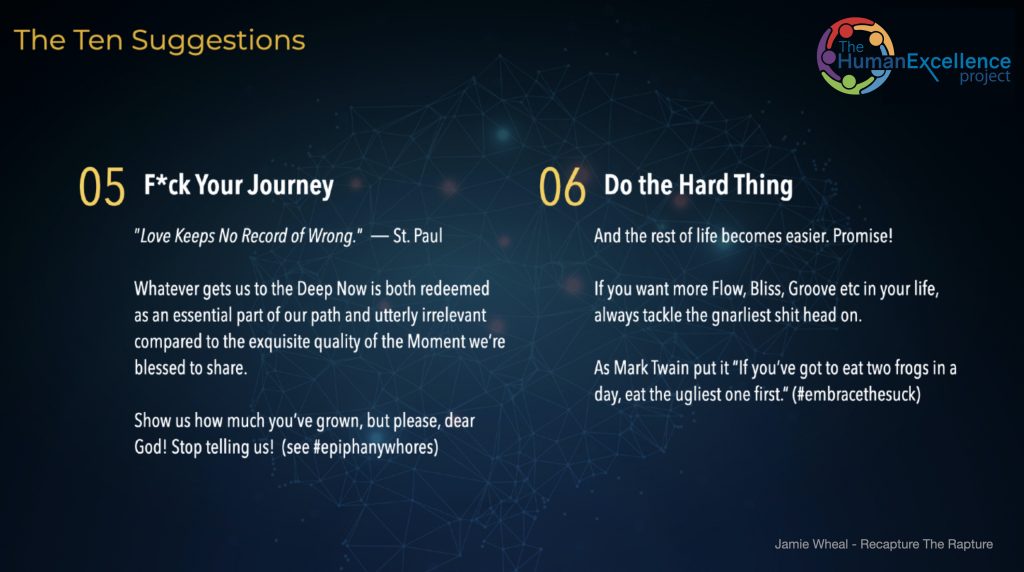
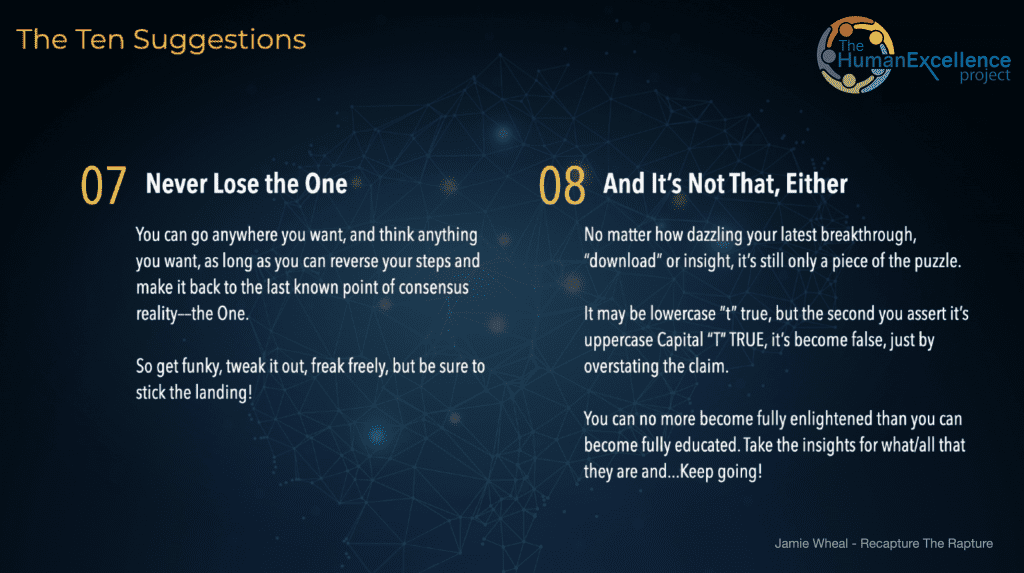
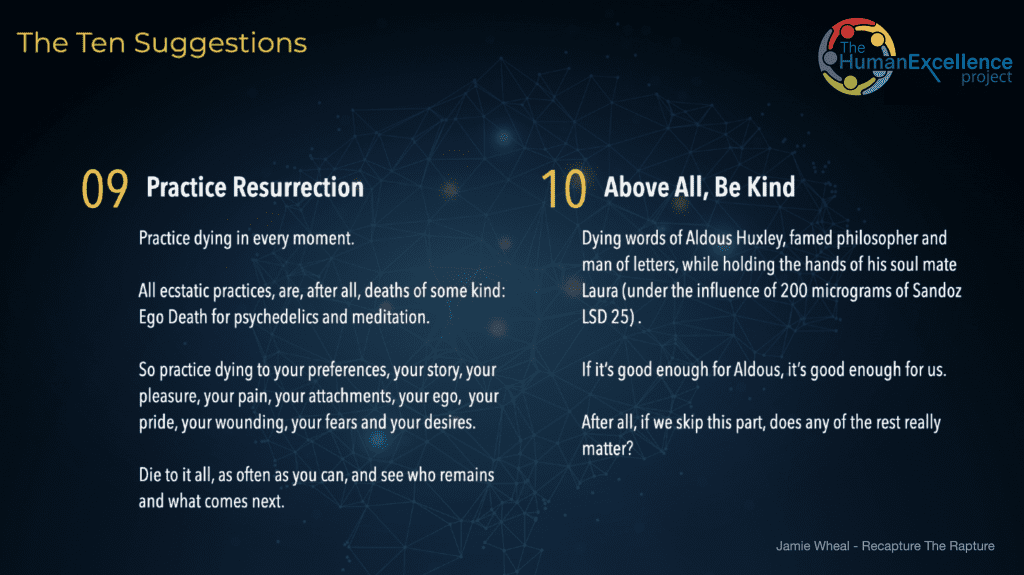

POSSIBLE TRIGGERING INFORMATION BELOW!!
I WANT THE TRUTH!
"YOU CAN'T HANDLE THE TRUTH"
T-H-E-PROJECT - INFORMATION ZONE
This area of the website is dedicated to sharing important and relevant information of the times, delivered by some of the planets greatest minds.
The Human Excellence Project is built on a foundation of real honest sense making. We believe that we as a community can make more sense of things when we better understand specific relevant subjects. We are not saying any of this informations is the whole truth and nothing but the truth, however we are wanting to create a space of better adult discussions.
We have built the community on the principles above and we take each and every individual that joins us very seriously. We want nothing from you other than your 100% commitment to yourself. If we build a community of individuals who are taking themselves seriously and their number one goal is to be the best version of themselves then we all benefit!
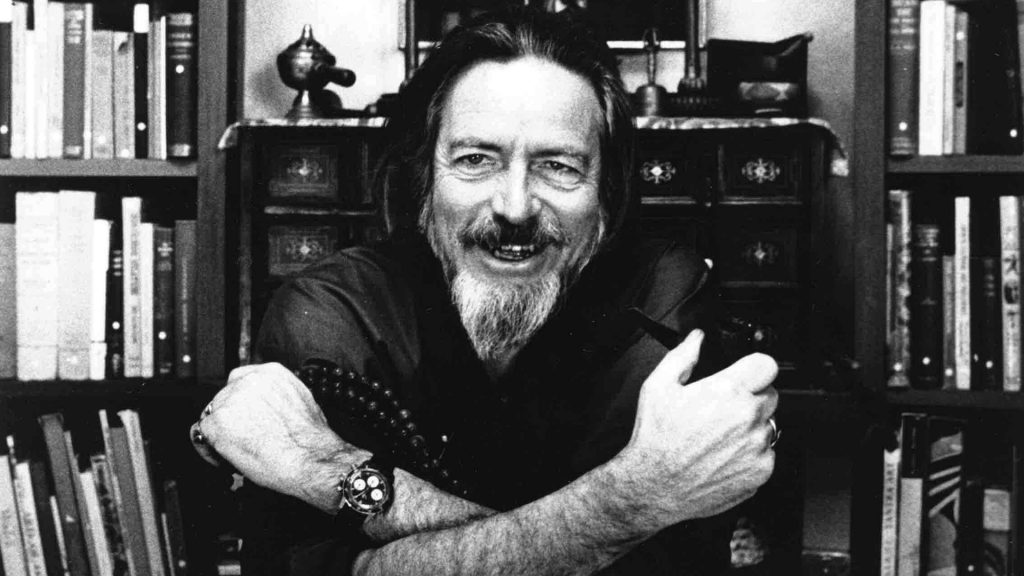
Alan Watts
We can’t begin with anyone other than Mr Alan Watts. Alan is a favourite philosopher of THE Project.
A prolific philosopher, author and speaker, Alan Watts was one of the first to interpret Eastern wisdom for a Western audience. Born outside London in 1915, he discovered the nearby Buddhist Lodge at a young age.
Alan Watts - Our Place In The Universe
We do not “come into” this world; grew out of it – just as an apple tree apples, the earth peoples.
Alan Watts - Higher Self
“This very moment, this very world, this very body is the point. Now. You see? But, if you’re seeking something beyond all the time, you never get with it. You’re never here.”
Alan Watts - Money Vs Wealth
“Money is an abstraction. It cannot, of itself, buy any pleasure whatsoever. Because all pleasures involve skill and love.” Pursuit of Pleasure
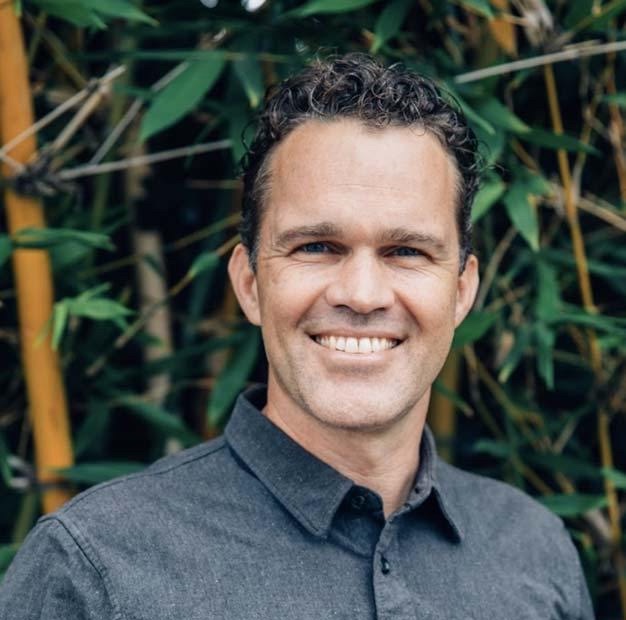
Dr Zach Bush - MD
Dr Zach Bush: My work is dedicated to the health of humanity and the planet we call home. It is critical that our pursuit of optimal health and longevity begin with an effort toward a collective rise in consciousness such that we would begin to thrive within nature, instead of fighting that nature that is life itself. My experience as a physician specializing in internal medicine, endocrinology and hospice care with a focus on the microbiome as it relates to health, disease, and food systems led me to found *Seraphic Group and the non-profit Farmer’s Footprint to develop root-cause solutions for human and ecological health. My passion for education reaches across many disciplines, including topics such as the role of soil and water ecosystems in human genomics, immunity, and gut/brain health. My education has highlighted the need for a radical departure from chemical farming and pharmacy, and ongoing efforts to create a path for consumers, farmers, and mega-industries to work together for a healthy future for people and planet.
Curiosity is the most powerful force on this planet!
Zach Bush on Rich Roll Podcast 414
This is one of the best monologue’s ever! Zach describes life and death in such a beautiful way.
Zach Bush on Chris Williamson Podcast 286
Zach discussing communities of the future.
Zach Bush on After Skool
Dr. Zach Bush’s work is critical in exposing the truth about our toxic food system or its health impact.
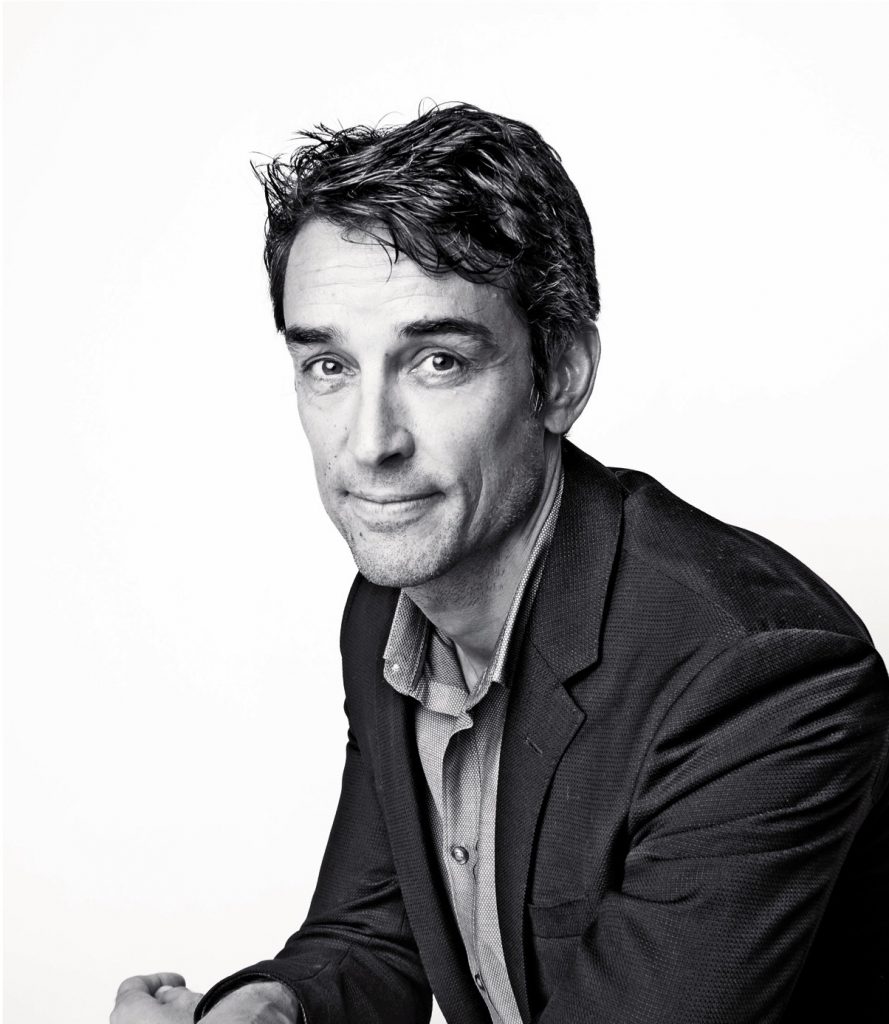
Jamie Wheal
Jamie Wheal is the author of Stealing Fire: How Silicon Valley, Navy SEALs, and Maverick Scientists Are Revolutionizing the Way We Live and Work and the founder of the Flow Genome Project, an international organization dedicated to the research and training of human performance.
His work and ideas have been covered in The New York Times, Financial Times, Wired, Entrepreneur, Harvard Business Review, Forbes, Inc., and TED. He has spoken at Stanford University, MIT, the Harvard Club, Imperial College, Singularity University, the U.S. NavalWar College and Special Operations Command, Sandhurst RoyalMilitary Academy, the Bohemian Club, and the United Nations.
Jamie Wheal - Rebel Wisdom
In the face of multiple existential threats, and a pervasive crisis of meaning, how can we reconnect to our deepest purpose and what techniques and practices can help us reboot.
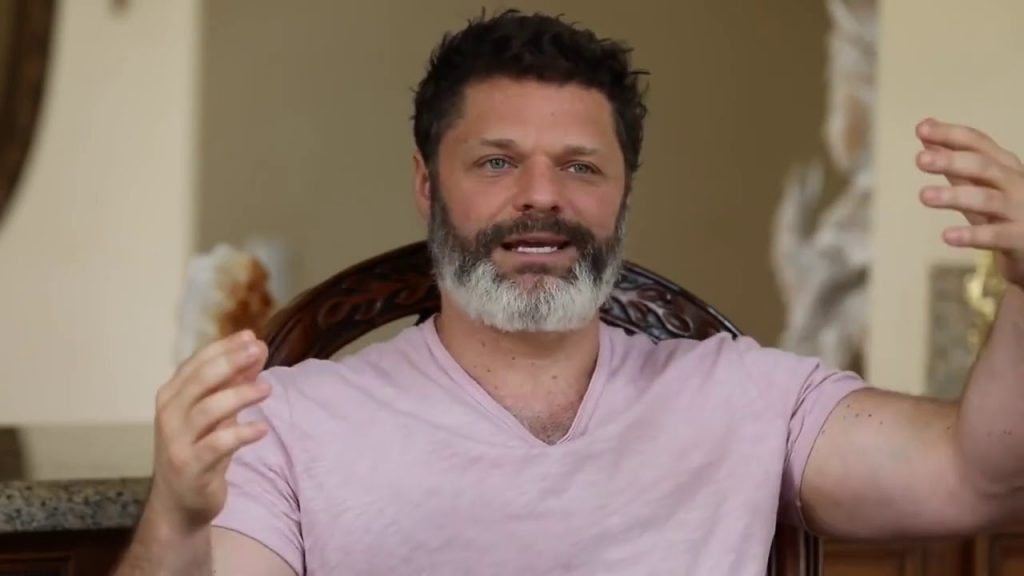
Daniel Schmachtenberger
Daniel is a founding member of The Consilience Project, aimed at improving public sensemaking and dialogue.
The throughline of his interests has to do with ways of improving the health and development of individuals and society, with a virtuous relationship between the two as a goal.
Towards these ends, he’s had particular interest in the topics of catastrophic and existential risk, civilization and institutional decay and collapse as well as progress, collective action problems, social organization theories, and the relevant domains in philosophy and science.
Motivated by the belief that advancing collective intelligence and capacity is foundational to the integrity of any civilization, and necessary to address the unique risks we currently face given the intersection of globalization and exponential technology, he has spoken publicly on many of these topics, hoping to popularize and deepen important conversations and engage more people in working towards their solutions. Many of these can be found at http://civilizationemerging.com/media/
